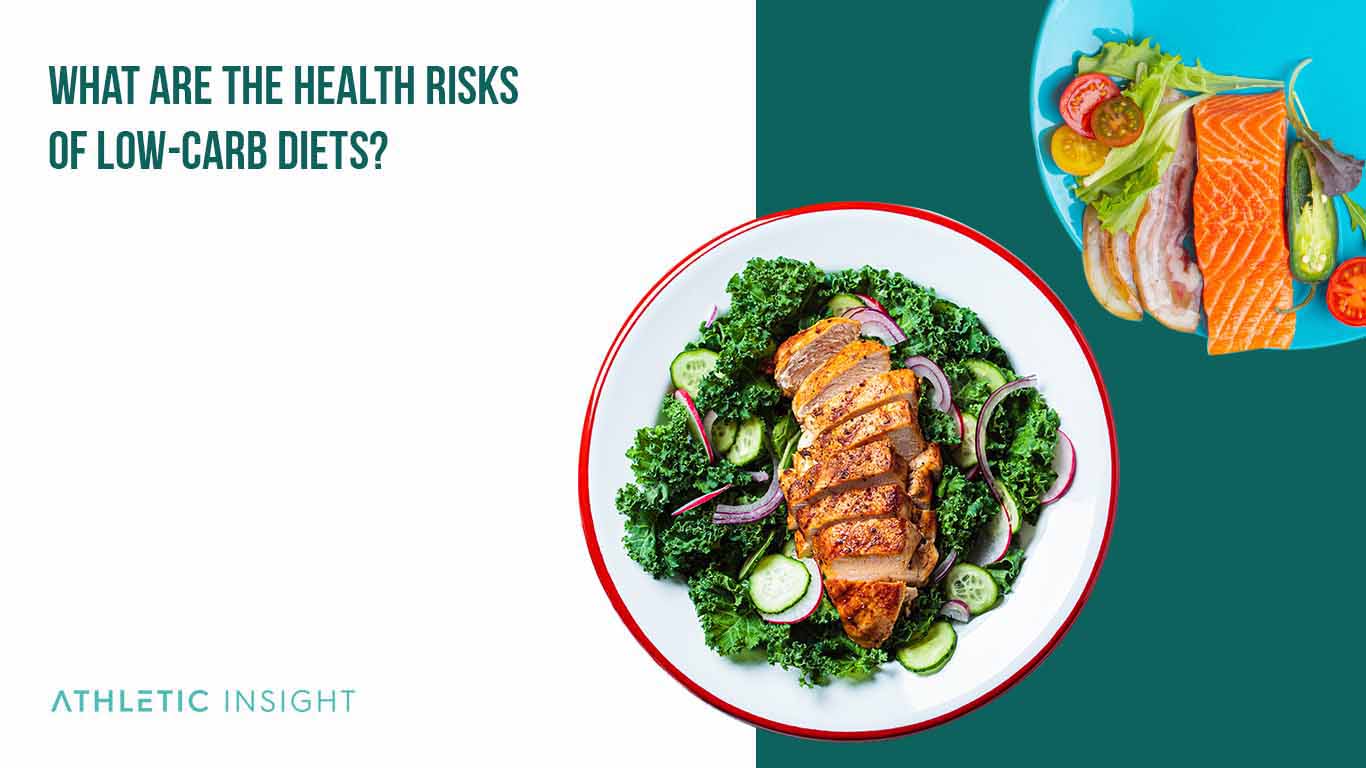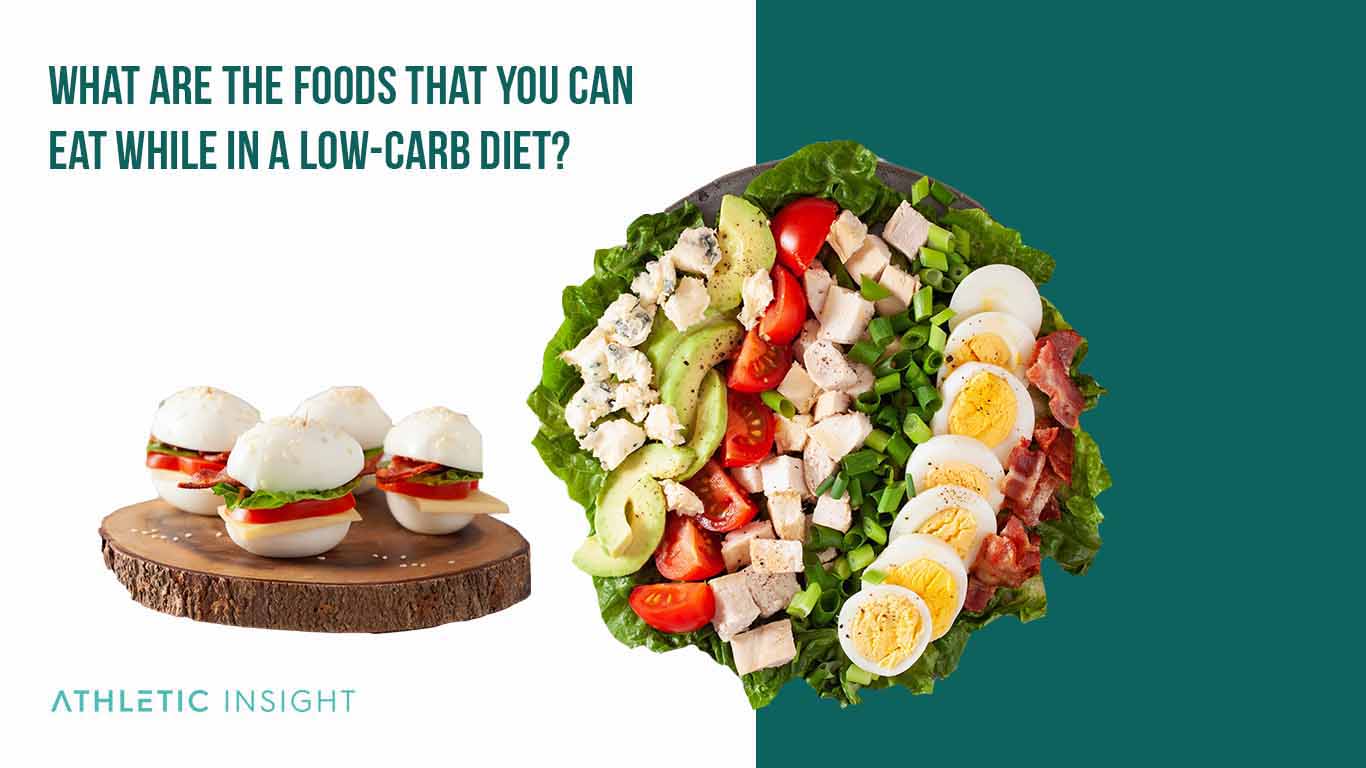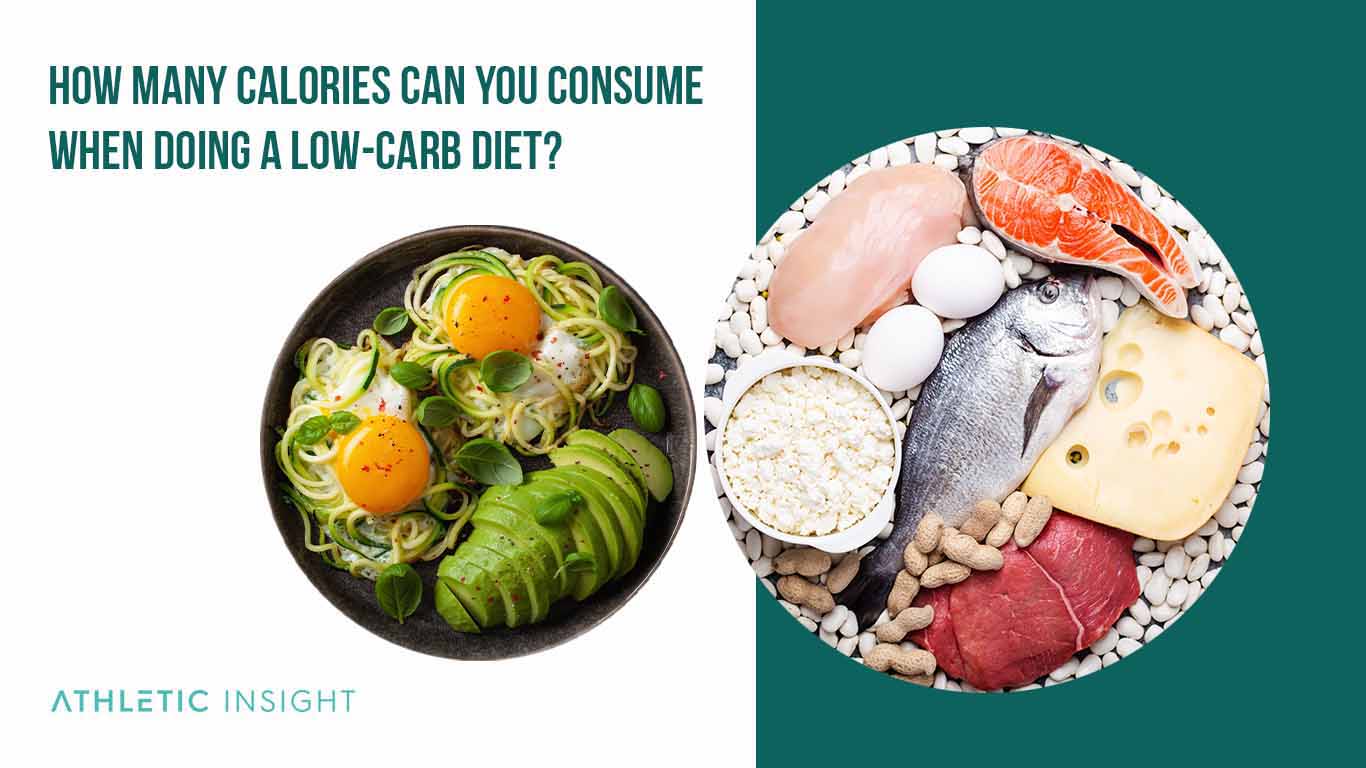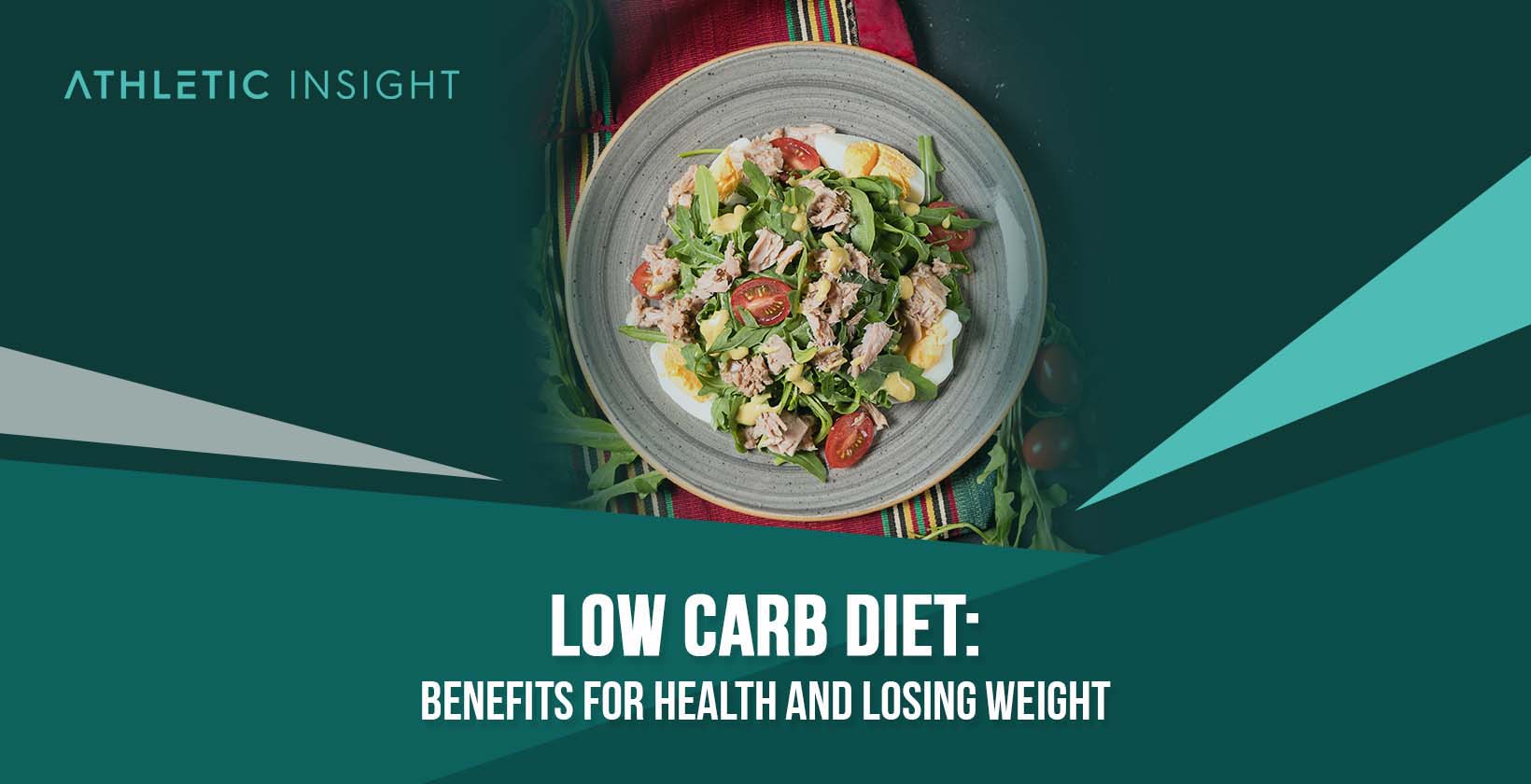A low-carb diet minimizes the consumption of carbohydrates, also known as carbs, hidden within many food types commonly eaten by Americans. Different low-carb diets are available, with separate rules and guidelines regarding portions, but typically include higher protein and natural fat amounts. Carbs are still essential nutrients that need to be regulated.
Fast and processed foods are staples of the American diet that provide poor nutritional value and are packed with carbs, unknowingly to most consumers even with meals that they consider as healthy. Low-carb diets encourage the regular consumption of whole, natural foods that can improve the lifestyles of many Americans without limiting their options too much.
Sugary foods like sodas, candy, and desserts typically include carbs. Same with starchy foods like bread, pasta, and cereal.
Weight loss, improved digestion system, reduced risk of heart disease and type 2 diabetes, and plenty of health benefits are associated with low-carb diets. A healthy lifestyle can also help with mental issues, skin problems, appetite cutback, and more.
Insulin is a fat-storing hormone that also controls blood sugar levels. Carbs are notorious for raising insulin levels that increase the chances of obesity, cardiovascular disease, and other serious health complications. Reducing carb intake is the simplest and most effective way to achieve low insulin levels that promote fat burning.
What Are The Health Benefits of a Low-Carb Diet?
Here are ten health benefits linked to low-carb diets.
- Weight loss without hunger
- Reduced appetite
- Lowers triglycerides that can cause heart disease
- Fewer stomach issues and heartburn
- Improves acne
- Increases physical endurance
- Reduces harmful abdominal fat associated with insulin resistance and inflammation
- Decreases blood sugar and insulin levels
- Lowers risk of type 2 diabetes
- Helps with mental disorders
Is A Low-Carb Diet Effective For Losing Weight?
Research shows that low-carb diets are more effective and safer for weight loss than most diets, including low-fat ones, in the short term. There’s a possibility that people might eat less while consuming higher portions of protein and fat instead of carbs because it makes them feel fuller.
It can be an easy diet to follow because it allows people to consume various foods without starving. Meals don’t turn into math equations because there is no need to track carbs and calorie counts for a proper low-carb diet.
The long-term effects are uncertain. People who commit to low-carb diets throughout their lifetime enjoy those benefits the most, but achieving that commitment can be challenging with the existence of other tempting foods. The benefits of a low-carb diet can vanish after a year or two for people who practice it temporarily.
Is A Low-Carb Diet Considered A Healthy Diet?
Most low-carb diets are considered healthy and capable of improving people’s lifestyles. They encourage the consumption of healthy sources of carbs, fats, and proteins. Consuming fewer carbs can easily lead to weight loss and reduced appetite. The proper amount of calories that each individual requires can vary depending on age, gender, physique, and activity levels.
Carbs have some nutritional value, and people should consume them in moderation. People from all age groups and genders should include 45-65% of carbs in their daily calorie intake. Carbs have a Daily Value (DV) of 275 grams per day for a standard 2,000 calorie diet.
Low-carb diets are also associated with a few health risks and are not ideal for everybody. They can sometimes fail to meet people’s daily nutritional requirements and may be problematic for individuals with certain medical conditions. Some healthy food choices may also be restricted.
Some individuals may experience mild or severe side effects from the instant and drastic carb reduction. It is also unclear whether long-term health risks can result from low-carb diets.
What Are The Health Risks of Low-Carb Diets?
These are some of the health risks people may suffer from low-carb diets.

- Constipation
- Dehydration
- Bad breath
- Can raise cholesterol, increasing the risk of heart disease
- Kidney problems
- Muscle cramps
- Nausea
- Headaches and weakness
Who Should Try The Low-Carb Diet?
Adult men and women with excessive weight and higher risks of type 2 diabetes and metabolic syndrome should try the low-carb diet. Individuals should consult their doctors to coordinate an appropriate low-carb diet plan and learn about possible health risks.
People who want to lose weight or simply live healthier lifestyles should experiment with low-carb diets. Those who already enjoy proteins and other foods prominently featured on a low-carb diet would also appreciate it.
Nutritional values vary for everybody, and there are different low-carb diet methods that they can choose from to meet their needs.
Who Should Avoid The Low-Carb Diet?
Some people that are already taking medication for diabetes should avoid low-carb diet plans without consulting their doctors and having their doses adjusted. Those taking medication to regulate their blood pressure also run risks of lower, unhealthy blood pressure levels if a doctor fails to adjust their dosage.
Individuals that suffer from severe chronic medical conditions, like advanced liver or kidney failure, should also refrain from low-carb diets without their doctor’s approval.
Strict low-carb diets can prevent breastfeeding women from getting enough nutrients and may result in a rare, dangerous condition known as ketoacidosis. Pregnant women that adopt low-carb diets are also 30% more likely to give birth to babies with neural tube defects.
How Does The Low-Carb Diet Work?
Carbohydrates, proteins, and fats are the three main macronutrients that provide energy for the human body. Out of those three, carbs raise the highest sugar levels.
Many carbohydrates contain glucose, a sugar type and energy source for cells. Insulin is a crucial hormone produced by the pancreas that controls blood sugar levels and allows the body to use glucose for energy. Glucose that is not used for energy immediately gets stored as fat in the liver and muscles with insulin assistance.
Insulin helps balance blood glucose levels but is mainly responsible for storing excess fat and causing obesity.
People’s bodies release insulin after eating to regulate the expected blood sugar increase, and carbs cause the highest amount of insulin release. Excessive carb consumption increases insulin levels and can create insulin resistance, raising the chances of obesity and type 2 diabetes.
More insulin means more areas to store fat. Insulin resistance causes bodies to produce even more insulin. Carbs raise insulin levels the most, so naturally, a low-carb diet can effectively help reduce insulin levels that may create critical health risks. Lower insulin levels make it easier for bodies to use stored fat as energy.
How To Start A Low-Carb Diet?
Starting a new diet plan can be challenging for anybody. Low-carb diets can be simple and allow individuals to prevent hunger by eating plenty of food types without tracking nutritional values. These tips can help people start a low-carb diet and stick to it.
- Learning how to identify low-carb foods like lean meats, fish, oils, unsweetened dairy products, fruits and vegetables, and more. Knowing about the proper portion amounts for each of these foods is also essential.
- Setting realistic goals can help people stick to low-carb diets with fewer challenges. People can slowly cut carbs off their meals until they reach a comfortable level within the low-carb diet guidelines.
- Weekly meal plans can help people practice low-carb diets while avoiding unhealthy choices. Some people prepare their ingredients days in advance to quickly put meals together whenever they’re hungry. That can also create a smarter grocery shopping list.
- Convenient and healthy low-carb snacks like hard-boiled eggs, baby carrots, and nuts are easy to carry and ideal for munching in between meals. These treats can be tasty and kill hunger quickly, but people should not overeat them. It is also important to avoid packaged snacks described as “low-carb.”
- Using low-carb substitutes with favorite meals can help individuals enjoy the diet more. Substituting traditional burger buns for portobello mushrooms makes a savory burger, lettuce leaf wraps can substitute tortillas for taco night, and much more.
- Restaurants can easily accommodate people with low-carb diets. Starchy sides like bread, pasta, rice, and potatoes are full of carbs, and people can replace them with nutritious, low-carb options like meat and vegetables.
There is plenty of potential for mistakes during a low-carb diet that can impede people’s health progress. It is unhealthy for people to eat fewer carbs than they need, just like eating excessive protein can be risky. Every meal should have a balanced amount of macronutrients. Occasional cheating and eating unhealthy meals can also have different undesired effects for everybody.
Lack of exercise is another common mistake that frustrates people when they don’t lose weight simply by changing their eating habits. A low-carb diet combined with regular exercise will guarantee the best results.
What Are The Foods That You Can Eat While In a Low-Carb Diet?
Low-carb diets promote various natural food types and typically consist of proteins with some non-starchy vegetables. These are some foods that people can enjoy in moderation with a low-carb diet.

- Eggs, preferably pastured or enriched with Omega-3
- Lean protein like beef, poultry, pork, lamb, and more
- Fish like catfish, halibut, salmon, lobster, cod, and more
- Vegetables like kale, radishes, asparagus, tomatoes, and more
- Fruits like peaches, cantaloupes, lemons, limes, frozen and fresh berries, and more
- Full-fat dairies like sour cream, plain Greek yogurt, butter, cheese, and more
- Plant-based milk made of almonds, soy, cashew, and more
- Fats like extra-virgin olive oil, avocado oil, grapeseed oil, and more
- Nuts and seeds like almonds, walnuts, hemp seeds, chia seeds, and more
- Beverages like water, carbonated water, tea, or coffee
Food types like proteins, fish, eggs, vegetables, and fruits are staples of low-carb diet food lists.
What Are The Foods That You Should Avoid While On a Low-Carb Diet?
Some foods that people should avoid during a low-carb diet belong to food types allowed in it. That can mislead people into eating unhealthy foods they believe are part of the diet. These are some of the foods people should avoid during a low-carb diet.
- Nuts and seeds like peanuts, cashews, sunflower seeds, lotus seeds, and more
- Raw vegetables like parsnips, peas, sweetcorn, and more
- Corn, corn-based products like tortillas and chips, and anything with corn syrup
- Spicy foods can cause stomach issues during various stages of a low-carb diet
- Milk products like regular milk, buttermilk, sweetened yogurt, and more
- Greasy, high-fat, fast food that is processed and packaged snacks
- Excessive alcohol like beer, mixed drinks, and more
It is important to resist the temptation to consume these foods because they are loaded with carbs that can seriously intervene with the diet plan. Some of these foods are still considered healthy, but not for the purposes of a low-carb diet.
Is Low-Carb Diet Worth Trying?
Yes, low-carb diets are worth trying because doctors have recommended them for decades to patients who wish to lose weight or improve their health. They promote the consumption of healthy forms of carbs, fat, proteins, and natural foods.
Many people might find low-carb diets worth trying because they don’t require them to starve and they can still enjoy their favorite proteins and fats. Those who sacredly follow the rules and guidelines of low-carb diets also don’t have to track carb and calorie intake.
Low-carb diets can sometimes include undesired side effects like headaches, fatigue, constipation, and more. Individuals with severe chronic diseases should also check with their doctors before practicing a low-carb diet that could malnourish them.
Is Low-Carb Diet Expensive?
No, low-carb diets are expensive because they don’t require expensive ingredients. Delicious meals can be put together with a variety of cheap ingredients. People can plan their meals ahead of time and make effective shopping lists that reduce waste. Cooking at home is also cheaper and healthier than eating out.
Natural foods are available at various prices and the cheaper options tend to work just fine.
What Are Low-Carb Diet-friendly Recipes For Beginners?
These are examples of low-carb diet recipes that beginners can prepare throughout the day.
- Scrambled eggs and bacon or veggies fried in coconut oil for breakfast
- Grass-fed yogurt with berries and a handful of walnuts for lunch
- Grilled chicken with cauliflower rice for dinner
- Snacks like nuts, eggs, avocados, cheese, and cold cuts can be enjoyed between meals
Delicious and savory low-carb meals are easy to put together with a few ingredients. Cooking a few extra portions can also make great, healthy leftovers for the next day. Proper planning can help people save money and reduce waste with low-carb diets.
How Many Calories Can You Consume When Doing A Low-Carb Diet?
Low-carb diets typically allow a daily limit of 20 to 57 grams of carbs, and those amounts can range between 80 to 240 calories.

What Are The Initial Body Reactions To Low-Carb Diet?
The drastic carb reduction can affect people with unwanted symptoms as their bodies adjust to a low-carb diet. The kidneys get rid of excess water when people stop eating high-carb foods, sometimes making them feel dehydrated, nauseous, irritable, fatigued, and more.
The symptoms can last between a week or two and can be relieved by consuming lots of water.
What Is The Main Difference Between Low-Carb Diet and Keto Diet?
Despite the rumors, Keto diets are stricter and require less carb intake. Keto diets commonly allow fewer than 50 grams of carbs for daily consumption, while a standard low-carb diet lets people eat 50-150 grams of carbs per day. Protein intake is also reduced for keto diets because they can prevent ketosis when consumed excessively.
Low-carb diets might be a better choice for most people because they are less restrictive and easier to follow. Keto diets are also known for causing more undesired side effects.



